The German violinist on her influences and navigating today’s challenges
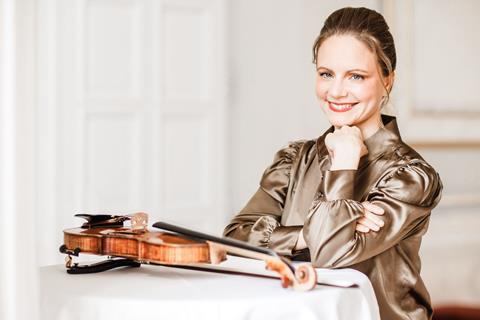
Discover more Featured Stories like this in The Strad Playing Hub.
Read more premium content for subscribers here
I joined the class of Ana Chumachenco when I was nine years old. And what I believe she gave me during my time with her has changed over the years. For a long time I saw her as teaching me very good technique and being fantastic with style and interpretation. But I now realise the most amazing thing about her was how it was always about the music. When I came to lessons and played, whether she was satisfied or not, she never screamed at me. She never doubted that I did my best and I had the feeling she respected me. I think this is why I never developed stage fright – because, at the end of the day if you mess up a passage, so what? When you’re in this profession and need to go in front of 2,000 people every night, you have to feel you’re worthy of standing there. She gave all of her students that feeling. I have students coming to me today who have been absolutely destroyed by past teachers, and it doesn’t have to be that way.
Ana was my last teacher. I didn’t need to study with anyone else because she could change her relationship with a student depending on their age. When I was 10, of course she would be strict when it came to musical questions, but when I was 18 and played a different interpretation, she would let me. If a teacher can change their relationship with a student, then you can stay with them for much longer.
Other great influences in my life include Christoph Eschenbach and Yakov Kreizberg. I played a lot of recitals with Christoph and he would just pull me along with his interpretation. I learnt a lot through that. And I played the entire violin repertoire with Yakov. We recorded together and talked so much about the pieces. He was almost like a teacher.
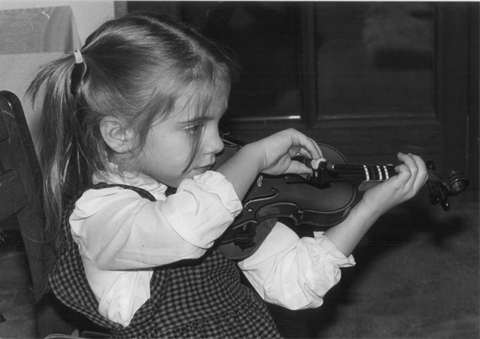
I really enjoy touring and most of my schedule is made up of it. There are a couple of rules I never break to deal with all the travelling and playing. I always practise scales every morning, and usually before I travel. You also need to find a way to have healthy discipline without going too far. For example, it can be dangerous to go out every evening after a concert and stay up until 2am. On the other hand, if you always forbid yourself to go out, that’s not really a life – especially as a young person. I often tended to be too strict with myself but eventually found a good balance.
In this changing industry we are constantly getting input from social media, videos, posts and so on. For an artist this is poison. We need time to think, and that can mean just sitting and doing nothing. Or maybe going for a walk and making your thoughts welcome. If we don’t feed this part of us, our interpretations won’t be profound.
INTERVIEW BY RITA FERNANDES
Read: Sentimental Work: Julia Fischer on Bach Double Violin Concerto
Discover more Featured Stories like this in The Strad Playing Hub.
Read more premium content for subscribers here
The number one source for playing and teaching books, guides, CDs, calendars and back issues of the magazine.
In The Best of Technique you’ll discover the top playing tips of the world’s leading string players and teachers. It’s packed full of exercises for students, plus examples from the standard repertoire to show you how to integrate the technique into your playing.
The Strad’s Masterclass series brings together the finest string players with some of the greatest string works ever written. Always one of our most popular sections, Masterclass has been an invaluable aid to aspiring soloists, chamber musicians and string teachers since the 1990s.
The Canada Council of the Arts’ Musical Instrument Bank is 40 years old in 2025. This year’s calendar celebrates some its treasures, including four instruments by Antonio Stradivari and priceless works by Montagnana, Gagliano, Pressenda and David Tecchler.


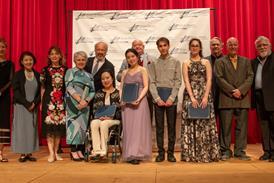
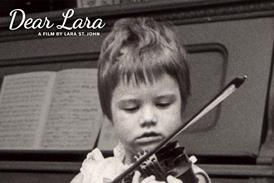

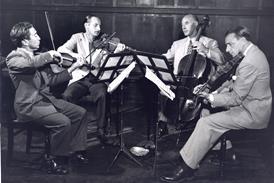



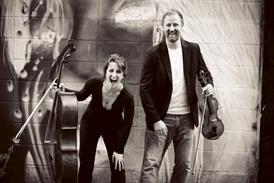



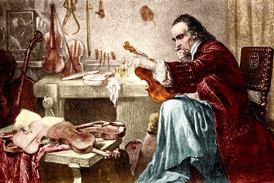

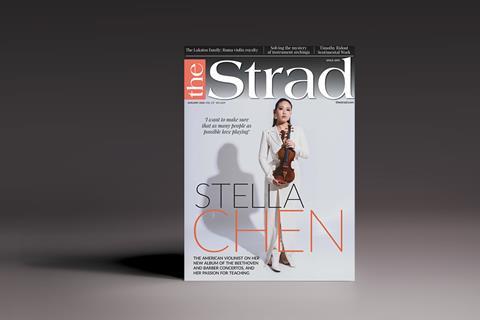




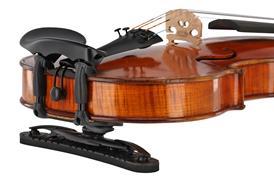
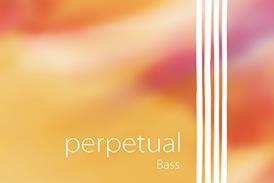
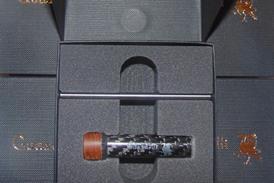






















No comments yet